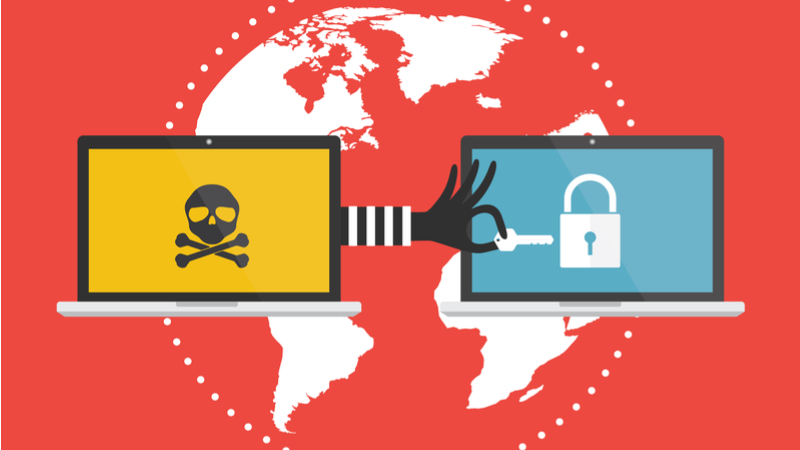
As adversaries continue to leverage emerging technologies such as artificial intelligence to fuel their cyberattacks, cybersecurity experts today warned that a new strategic approach is needed to combat ever-evolving cyber risks.
At the Aspen Security Forum in Colorado, international and U.S. cyber leaders offered a grim look at the state of cybersecurity, explaining that international partnerships will be crucial to protect against this new age of cyber threats.
“The fact that a lot of this criminal opportunity, frankly, is cyber-enabled – and that is increasingly the case – I think has to give us all a lot of pause and concern,” said Brian Nelson, the Department of Treasury’s under secretary for terrorism and financial intelligence.
“Technology, perhaps, is the most impactful game changer in the international criminal landscape,” added Jürgen Stock, the secretary general of INTERPOL. “[Criminals] are growing because of the new technologies that are now available, they have the resources to invest in these technologies, and they properly monitor where the weak spots in international cooperation are and place the activities in these areas.”
“We have to reconsider our strategic approach … partnership is key for that,” Stock emphasized. “So, we need to build bridges instead of walls between our agencies, with the private sector [and] with the academia.”
Stock explained that criminals quickly shifted to new business models during the coronavirus pandemic, allowing an “industrial-scale commitment of crime” at the cyber level.
Additionally, the cyber experts warned that cybercriminals are now utilizing AI to conduct sophisticated cyberattacks.
For example, a cybercriminal can sit at home and use AI to power convincing deepfakes to target victims through phishing campaigns. They can also use AI to aid them in their translation efforts, so that they can “continue these schemes regardless of what culture or language their victim is,” according to Matthew Noyes, the director of cyber policy and strategy for the U.S. Secret Service’s Office of Investigations.
“The interplay of technology and use of the internet in these schemes, deepfakes to make these fraud schemes more convincing, is continuing to increase,” Noyes said. “It really is imperative for cooperation amongst communications companies – both traditional telecoms, social media, but also financial institutions, payment companies – to protect their customers from these fraud schemes and that conduct to reduce that activity.”
“I really believe that AI will be a huge game-changer, and we have to be prepared, particularly in terms of prevention because international cooperation with this fragmented system will remain difficult,” Stock added.
Stock said he is grateful for the United States’ leadership in this space, pointing to the White House’s International Counter Ransomware Initiative as a prime example of international cooperation.
“It’s time again to reconsider our classical approach, whether this is enough,” Stock emphasized. “We have to build … collaboration and partnerships.”
“We have to approach this problem holistically and do the work of closing our own gaps – preventing bad actors from setting up shell companies, for example,” Nelson added. “We also have to work with our partners internationally because it’s just not the work that we do domestically through information sharing.”
